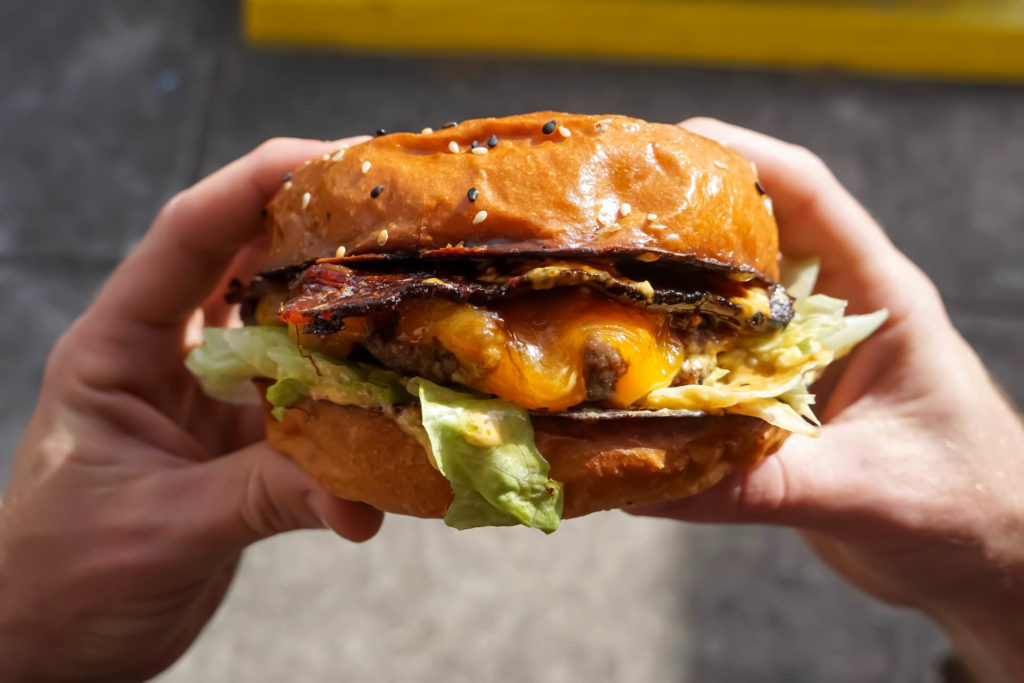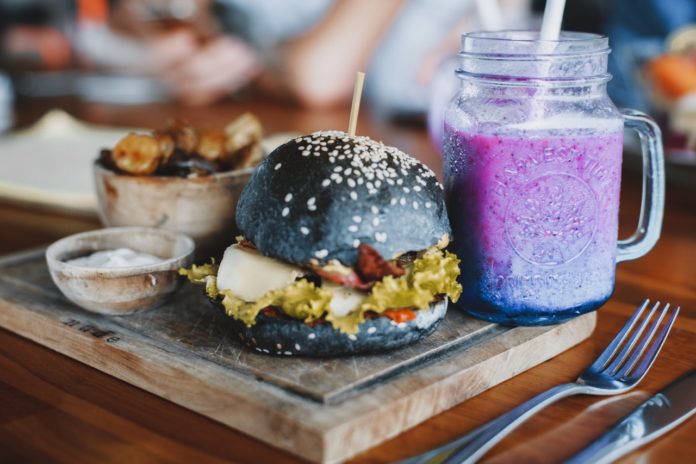
Your brain misses your fat…and that is the key problem with some diets. For the past fifty years the marketing industry found a way of squeeze every dime out of those that want to lose weight and be healthy by following incorrect deductions by medical science, the government, and even big pharmaceuticals that fat is the enemy. Since then low-fat diets have inundated the scene and the population is now twice as heavy as it was when this whole fiasco started.
Fats are necessary in the human body and the brain, since around 60% of the brain is made of saturated fat. So, what are fats and what do they do?
The right fat protects our body and our brain and are an excellent source of energy for the body because of its high caloric density relative to carbs and protein and can be stored for later use. It’s that storage that people need to pay attention to, because overconsumption is where the real issue is.
Your brain has a million reasons to want fat in your diet, but the main one is because it’s what it’s made of. Neurons transmit signals through the brain and nervous system. Fatty acids help to create and repair the protective coating around them, called a myelin sheath. Healthy myelin means faster signals from the brain, which means a healthier brain.
Fats are essential for regulating hormones. Hormones regulate body functions including reproduction, digestion, temperature, muscle function, sleep, and cell growth. Different fats have different functions and of course different repercussions if over consumed.
When it comes to dietary fats, there are three helpful or “healthy” fats and two harmful fats. Let’s review. First, the “good guys.”
- Omega-3 and Omega-6 essential fatty acids (EFAs) – Called essential because the body can’t synthesize them, they must be acquired from food.
Warning: Too much Omega-6 may increase heart disease risk. However both Omega-3 and Omega-6 are needed for good health. EFAs are important for brain function, vision, cardiac health, skin and hair health, and fighting inflammation. You can get these fats from fish like salmon, tuna, and sardines, along with nuts and seeds and their oils. Supplements like fish and krill oil are also rich in Omega EFAs.
- Monounsaturated fatty acids (MUFAs) – You can find this in a variety of foods and oils, including avocados, peanut butter, olive oil, and nuts. MUFAs support cell health and can help keep your low-density lipoprotein (LDL) cholesterol in check.
- Polyunsaturated fatty acids (PUFAs) – EFAs are included in this family of fats. Found primarily in plant-based foods and oils, they help reduce heart disease risk by improving cholesterol profiles. There’s also some evidence that PUFAs (mainly Omega-3 and -6 EFAs) help reduce the risk of type 2 diabetes.2

Fats generally considered harmful by people include:
- Saturated fat – Saturated fat sources include red meat, full-fat dairy, and poultry, as well as most animal flesh. Overconsumption in the diet can increase LDL and overall cholesterol levels, putting you at risk for heart disease. New research findings, however, have created doubt over the old belief that saturated fat, and higher fat intake overall, is the real culprit in America’s obesity “epidemic.” The brain needs saturated fat to remain healthy and you need it to be able to think coherently. The real killer is overconsumption here.
- Trans fat – This fat is the real culprit that causes health damage and is the cause of the 60% obesity in the United States. Some of this type of fat occurs naturally in very small amounts in beef, lamb, and butter fat, the most common sources are chemically manufactured and induced fat in everyday food manufacturing.
- If you eat fried foods, frozen pizza, fried foods, margarine, or microwaveable breakfast sandwiches, you’re probably eating trans fats. Even your favorite doughnut shop and bakeries are most likely using oils with trans fats to fry their donuts.
©Copyright – Hector Sectzer

















